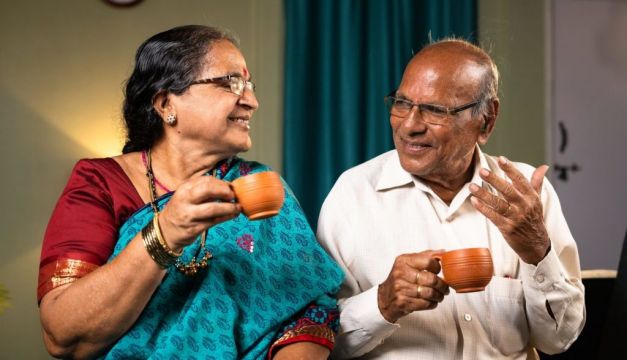Putting people under pressure is a common tactic used by scammers, to trick people into doing something without really thinking it through.
When people are in a state of high stress, they may only realise after they’ve transferred their cash or handed over their personal details, that they have probably just been conned.
Scams can be so convincing that one in five (21 per cent) people feel resigned to being likely to fall victim to a fraudster pretending to be someone else, according to recent research in the UK from Santander.
So, pausing for a moment to take stock of the situation – and to remove yourself from that sense of urgency and pressure they’re putting on you – can break the spell woven by a scammer.
This is exactly what the Take Five to Stop Fraud campaign is encouraging people to do – and in some cases, it could simply mean stopping to make a cup of tea.

More than two-fifths (44 per cent) of those surveyed for Santander agreed that stopping for a cup of tea is the best way to add clarity to a situation, and for more than a third (35 per cent), stopping for a cuppa has helped them to avoid making a grave mistake.
Psychologist Dr Meg Arroll says doing some deep breathing can help calm a situation down.
“Begin by breathing deeply through your nose, hold for a moment and then breathe slowly out through your mouth,” she suggests. “If you find yourself in a stressful situation, for example being confronted by something or someone suspicious, this can slow your heart rate down and provide a sense of calm.”
Here are some of the signs of impersonation fraud:
⚠️ You're contacted with an urgent request for your personal or financial info
⚠️ They put the pressure on, asking you to act quickly
⚠️ You're asked to move money to another account for ‘safe-keeping’#TakeFive pic.twitter.com/EOe1LkBXWD— Take Five (@TakeFive) October 3, 2022
Stopping to jot things down with a pen and paper, or getting the perspective of trusted friends and family members can also bring clarity to a situation, she says.
“When in doubt, put the kettle on!” says Arroll.
If you think you have been scammed, tell your bank and gardaí as soon as possible.







